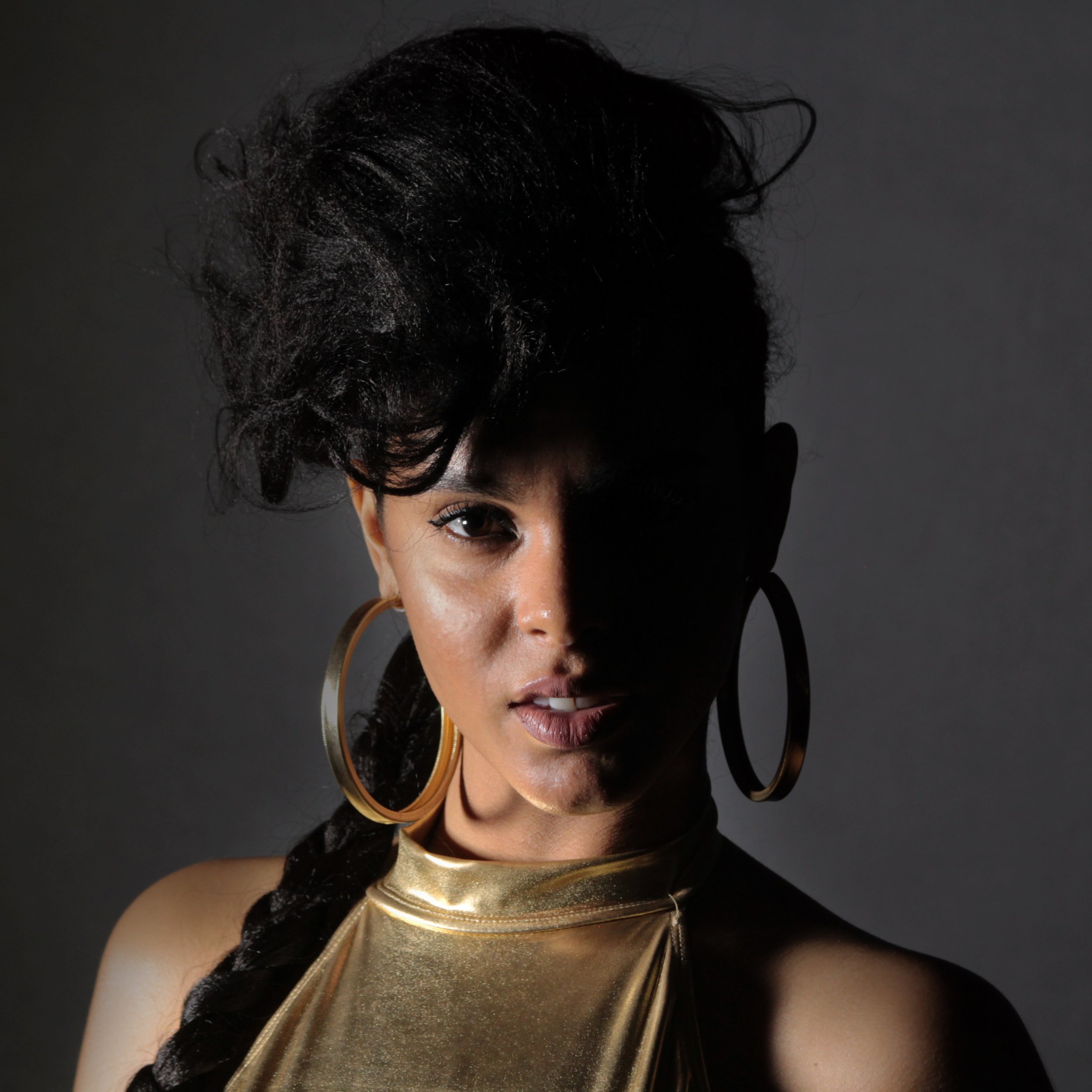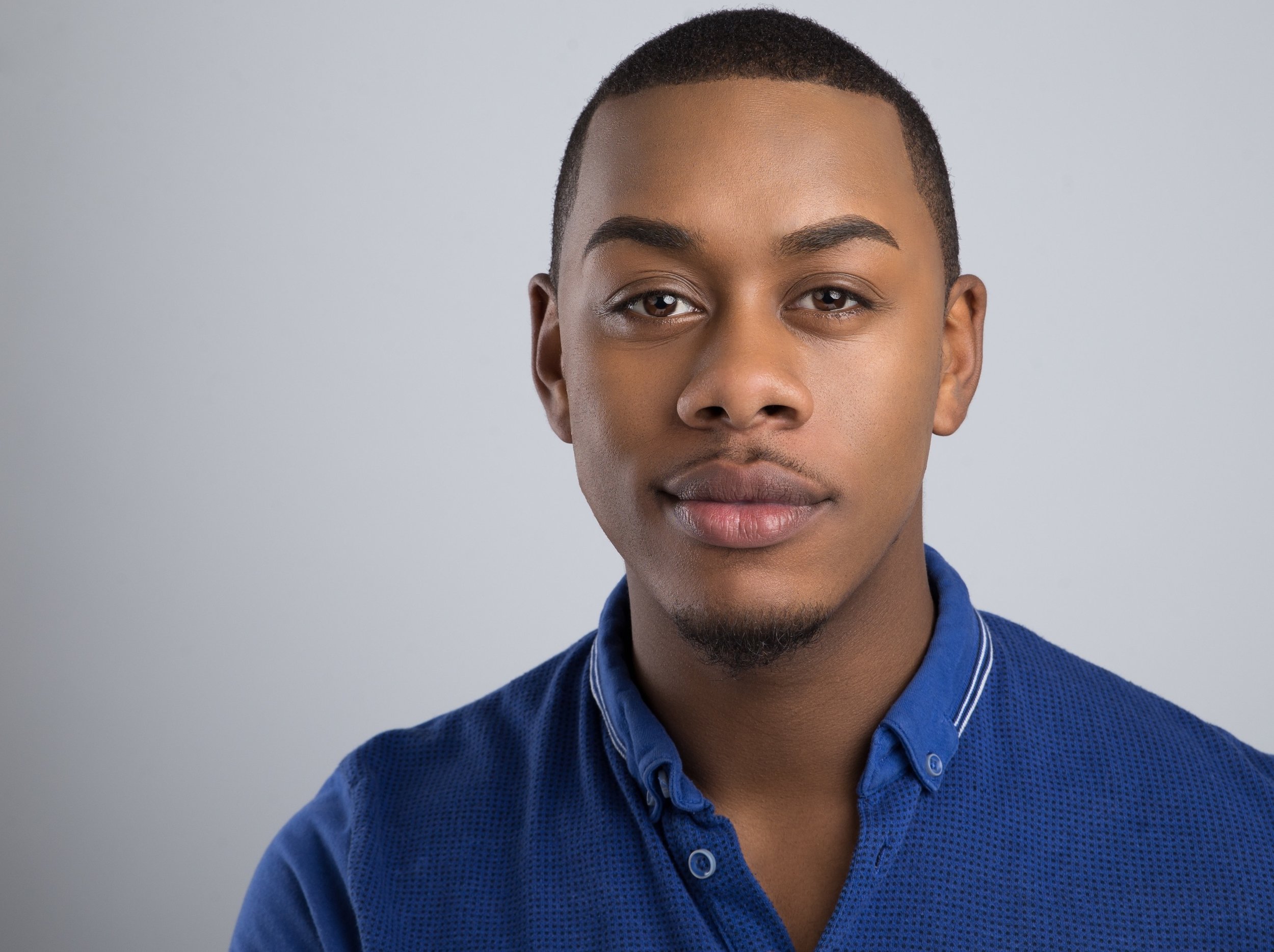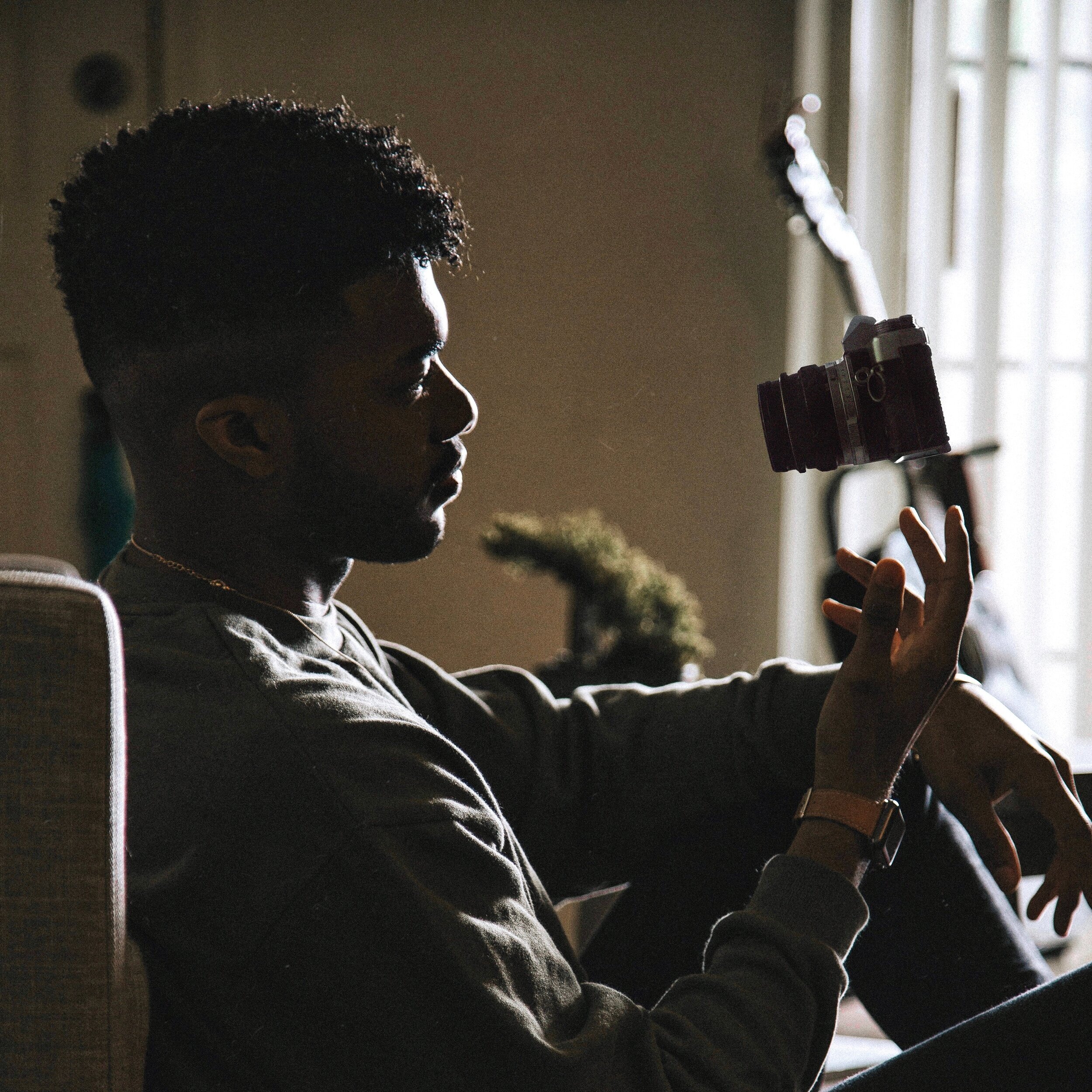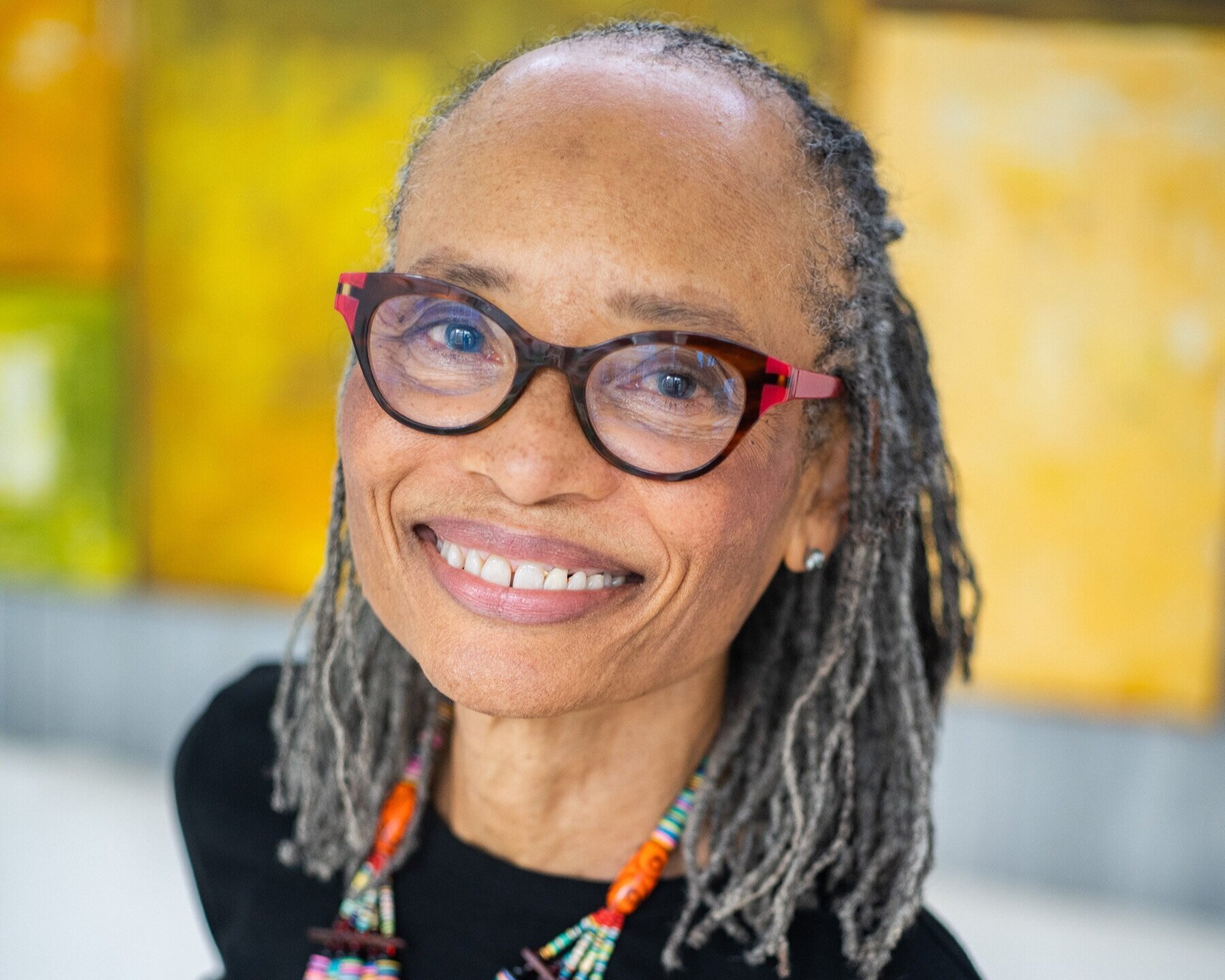A Conversation on Ancestry with Dr. Gina Paige

Across Texas, it’s easy to come across people from different walks of life; Mexican-Americans, Irish-Americans, and many more, but for Black or African-Americans there’s one subtle or critical difference: everyone knows what country they’re from except us. But one company is working to change that.
In 2003, Dr. Gina Paige co-founded African Ancestry, Inc. and in doing so, pioneered a new way of tracing African lineages using genetics, and a new marketplace for people of African descent looking to more accurately and reliably trace their roots. Recently, I had a chance to speak with Dr. Paige to get a better understanding of the importance of their work. Simply put, African Ancestry uses very specific pieces of your DNA — specifically, mitochondrial DNA — to trace your lineage through your father or mother’s side, depending on which test you choose. During the conversation, Dr. Paige broke down the science behind their service and how it makes an impact in the lives of their customers.
Dr. Gina Paige
“We choose to do that type of ancestry tracing because it allows us to get specific and when we do that, the results are shared by many people on the family line,” Dr. Paige explained. “If you take the test, and you trace your maternal line, the results you get are the same for your brothers and sisters, your mother, her brothers and sisters, their kids, your grandmother, her brothers and sisters, their kids, your kids and all the future generations, from just one test, will know their ancestry.”
One of the key elements that sets African Ancestry apart from the competition is the amount of data they’ve collected over the years which allows them to compare DNA to tens of thousands of samples, casting a wide net with pinpoint accuracy.
“My business partner, Dr. Rick Kittles, worked with anthropologists, scientists, and historians to collect DNA from Africans living on the continent who belong to the populations that contributed to the transatlantic slave trade,” Dr. Paige explained. “The result of that is that we have the largest database of African lineages in the industry. We have over 33,000 samples of DNA from indigenous Africans; the closest database size to our company is 1,395 samples versus our 33,000 samples. So because of the breadth of our database, we’re able to make these very accurate comparisons for our analysis. 85% of our results are identical matches, meaning we feel 100% confident in the match that we determine, and then for the remaining 15% of our results, when we don’t find identical matches, we look for the closest related matches. So we look for the 99.9% and the 99.8% and so on. We don’t consider it an ancestral match unless the sequences are at least 98.6% the same — so we set a very high threshold for our analysis.”
On the topic of DNA collection, an interesting discussion comes up when looking into the details of what each company actually does with a person’s DNA sample. Looking into the terms of service with other companies like 23andMe, I was met with the specific-yet-vague statement that the company does “use and share aggregate information with third parties in order to perform business development, initiate research, send you marketing emails and improve our services.” This could be understood to mean that in the event that a person’s DNA sample contains a medical breakthrough the likes of Henrietta Lacks, companies are able to utilize the benefits without acknowledging or compensating the person it came from. When I reached out to their team, these concerns were more or less confirmed.
“One of 23andMe’s missions is to make meaningful scientific contributions by enabling its customers to participate directly in genetic research,” a 23andMe representative stated. “We are always looking for ways to gather information regarding genetic diseases. If 23andMe publishes study results in peer-reviewed journals, there may be an indirect benefit to you as scientific knowledge increases and/or new drugs or tests are developed. You will also know that you may be contributing to groundbreaking genetic research. Once research on a particular topic is published in a scientific journal, we will publish these findings to our website, so you can learn more about the information contained in your DNA.”
When I asked Dr. Paige about how African Ancestry uses the DNA they collect, the response was much more direct.
“African Ancestry is strictly an ancestry company,” she said. “We’re not looking at health traits or genetic traits, we’re not making family connections to fifth and sixth cousins. We are strictly here to tell people where in Africa their ancestry is found, or where in the world their ancestry is found. We do not sell, share, or research a person’s personal, financial, or genetic information. Our lab destroys all the genetic material once a result is determined. We don’t have a public database where people can go in and connect to other people within our company; we don’t do any of that. We respect the privacy of the people who’ve entrusted us with their genetic information, and we have for the past 16 years.”
During our conversation, the issue of reluctance to dig into the past came up. For some Black people, the process of researching family history can be a troubling though for many reasons, including the fact that it’s inevitable that at some point in the research, a Black person will stop finding birth certificates and start finding sale receipts. Dr. Paige has seen many people dealing with these hurdles, and understands where they’re coming from.
“Our history is difficult — it just is. But it’s part of us,” she admitted. “There are a lot of difficult things that you have to do throughout a week or throughout a month or that you had to do last year, and you did them; and you’re probably better for many of them. While you may uncover things that are difficult, but you’ll also uncover things that are beautiful and empowering. I think it’s an ancestral imperative. I think our ancestors want us to do this and we owe it to their legacy to reconnect. And I think it’s an act of political resistance. When you don’t understand who you are, when you don’t dig through those records, then the people who disconnected you win — and they’ve been winning for too long, and you can’t let them keep winning. You have to reclaim what’s yours; the good, the bad, and the ugly.”
Although, African Ancestry doesn’t do the same type of historical lineage tracing a companies like Ancestry.com, Dr. Paige believes that they provide a critical service for the Black community.
“It adds information to the family tree,” she said in regards to their testing. “For most African Americans who do genealogical research, we hit a brick wall in the 1870s, because we weren’t recorded as people until the 1870 census. So genealogy research tools are limited for us. Our foremothers and forefathers weren’t allowed to read and write so we didn’t keep written records until a certain point. We can’t use our last name to find ourselves in Africa; there is no other way besides DNA. So the answers that we provide help to bridge the gap between where your genealogical research ends and where your ancestry was before Texas. As Black people, reconnecting with our ancestors is not a novelty, it’s a necessity. It’s not enough to say we’re West African — you don’t need a DNA test for that. It’s not enough to say you come from these west African regions — you don’t need a DNA test for that, it’s in the history books. But to really make a meaningful shift in how you view yourself and how you view Africa you need to connect at the closest level you can and today that’s at the ethnic group or tribal level. We can’t love ourselves if we don’t know who we are, and we can’t know who we are until we know where we’re from.”
While African Ancestry has become known for its high-profile celebrity ‘Reveals,’ the company has also touched the lives of thousands of Black families across the world. Through its vast network of partners, programs and products, African Ancestry has traveled the world helping people demystify their African roots, while heightening DNA literacy and replenishing identities. To learn more about African Ancestry and their services, check out their website today.
Nick Bailey is a forward thinking journalist with a well-rounded skill set unafraid to take on topics head on. He now resides in Austin, TX and continues to create content on a daily basis.








